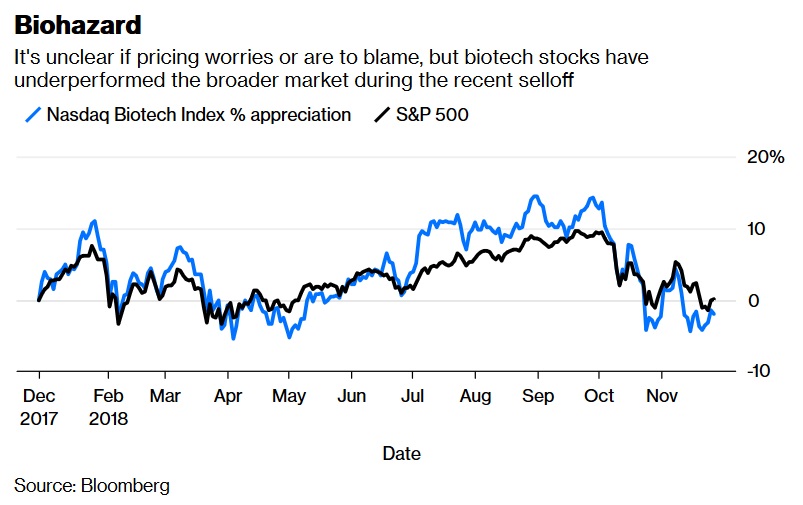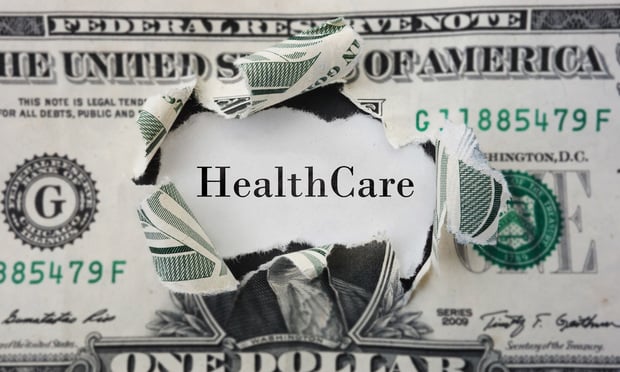 In order for thelatest drug reform efforts to have a real impact, plans will likelyhave to be able to restrict the access that senior citizens havehad for more than a decade to certain classes of drugs. (Photo:Shutterstock)
In order for thelatest drug reform efforts to have a real impact, plans will likelyhave to be able to restrict the access that senior citizens havehad for more than a decade to certain classes of drugs. (Photo:Shutterstock)
President Donald Trump's drug pricing-push is about to run into whatmight be its most potent opponent yet: America's seniorcitizens.
|On Monday afternoon, the Trump administration released a proposal for rules that would makeit easier for Medicare Part D prescription-drug plans to negotiate prices for a broader array ofmedicines than they do currently. That's arguably a good thing. Butin order for this effort to have a real impact, plans will likelyhave to be able to restrict the access that senior citizens havehad for more than a decade to certain classes of drugs.
|Related: Pharmacy benefits: Setting the stage for2019
|
|
There are currently six “protected classes” of drugs in Part D,including certain cancer drugs, antidepressants and medicines takenafter organ transplants. Part D prescription drug plans arerequired to cover essentially all drugs in these classes, whichgives pharma nearly unrestricted pricing power. These protectionswere put in place with the legislation that created the Part Dprescription-drug benefit in 2003, and they're part of the reasonMedicare Part D is highly popular in its current form.
|The Trump administration's proposed rules, which are still inthe formative stage, would loosen those guardrails. It would makeit easier for drug plans to require that patients obtain priorapproval for treatments in these classes before they are dispensed,and that patients try lower-cost options before moving on to moreexpensive drugs. It also would allow plans to exclude slightlytweaked new formulations of existing medicines as well as drugsthat increase in price at a rate greater than inflation.
|In a lot of ways, these rules just import into part D the commoncost-saving tactics that are prevalent in the commercial market.And it's difficult to negotiate lower prices without being able tosay no to very expensive drugs in some cases. But the proposalwould represent a substantial change to the settled status quo.Seniors generally wouldn't take kindly to increased restrictions ontheir ability to get prescribed drugs, even if they are intended tobring down prices for beneficiaries and save the governmentmillions of dollars.
|The past history of this kind of effort is fraught. The Obamaadministration attempted to end the protected status for two of thesix classes, but saw its effort flounder under withering criticismfrom industry and patient groups. The current administrationinsists that protections embedded in Part D will preserve access.But while the latest plan retains each protected class, it wouldalso impact all of them. As much as it would like to have it bothways, it is unlikely to get real cost savings without affecting theability of seniors to freely access drugs.
|There's an inherent trade-off between prices and access, but trytelling that to a senior who has to jump through hoops to get aprescribed drug. Allowing drug plans to restrict access tohigh-priced cancer drugs would be especially controversial, and theTrump administration would risk serious political backlash if itwent forward with such a plan. In 2016, 53 percent of voters over65 supported Trump, while 45 percent went for Hillary Clinton, soany complaints will be heard very loudly.
|The pharma lobby is one thing. The potential political muscle ofthe senior set is quite another.
Read more:
- Democratic wins in midterms have pharma industry onnotice
- Medicaid is right to demand lower drugprices
- Reference-based pricing: a panacea for high drugprices?
Max Nisen is a Bloomberg Opinion columnistcovering biotech, pharma and health care. He previously wrote aboutmanagement and corporate strategy for Quartz and BusinessInsider. This column does not necessarily reflect theopinion of the editorial board or Bloomberg LP and itsowners.
|Copyright 2018 Bloomberg. All rightsreserved. This material may not be published, broadcast, rewritten,or redistributed.
Complete your profile to continue reading and get FREE access to BenefitsPRO, part of your ALM digital membership.
Your access to unlimited BenefitsPRO content isn’t changing.
Once you are an ALM digital member, you’ll receive:
- Critical BenefitsPRO information including cutting edge post-reform success strategies, access to educational webcasts and videos, resources from industry leaders, and informative Newsletters.
- Exclusive discounts on ALM, BenefitsPRO magazine and BenefitsPRO.com events
- Access to other award-winning ALM websites including ThinkAdvisor.com and Law.com
Already have an account? Sign In
© 2024 ALM Global, LLC, All Rights Reserved. Request academic re-use from www.copyright.com. All other uses, submit a request to [email protected]. For more information visit Asset & Logo Licensing.








